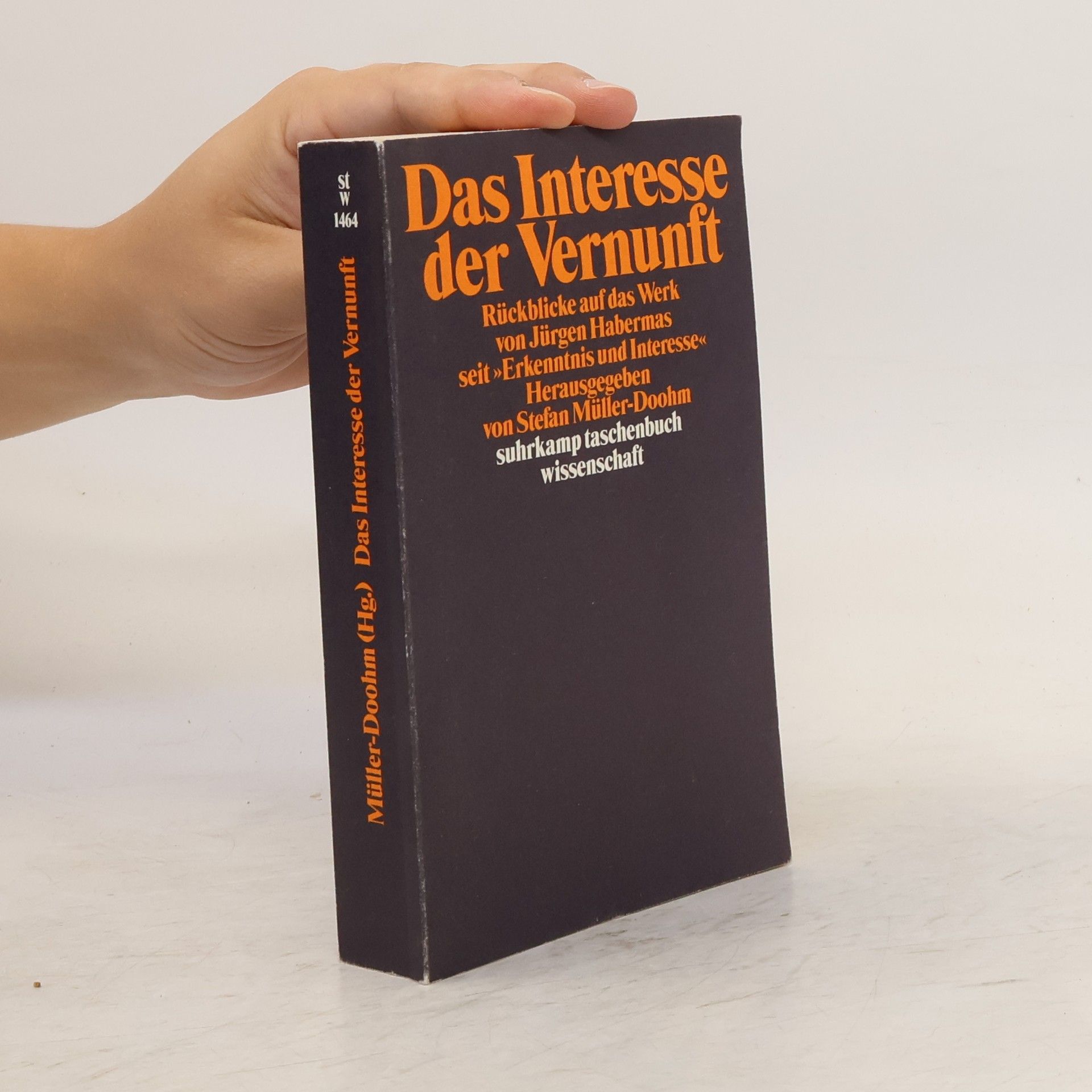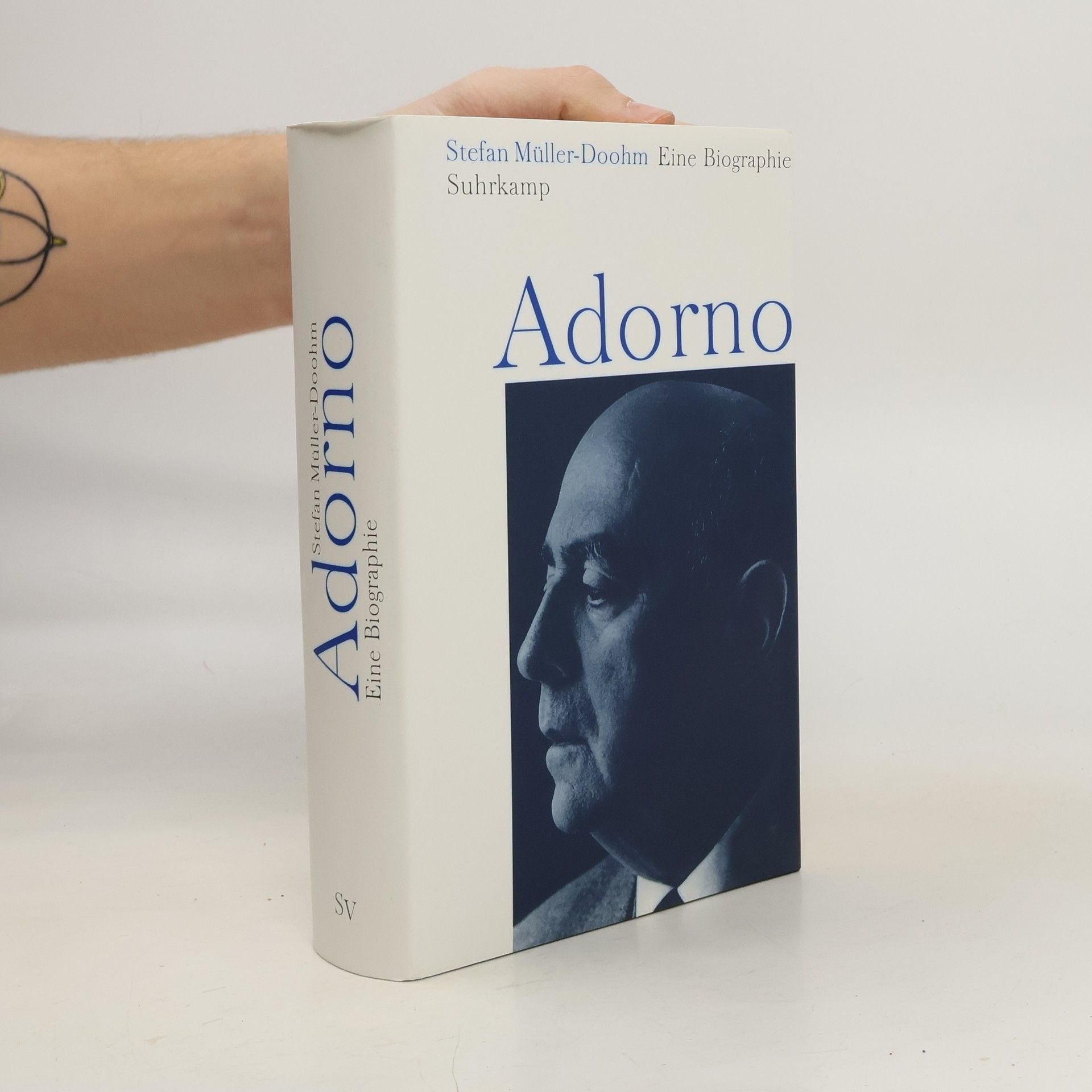Adorno
- 1032 pages
- 37 hours of reading
Zum 100. Geburtstag Theodor W. Adornos erschien die langerwartete Biographie, die eine große Lücke schließt: Bisher lagen nur eine Reihe von biographischen Detailstudien und eine Fülle theoretischer Auseinandersetzungen vor, eine detaillierte Darstellung seines Lebens und Werks hingegen fehlte. Stefan Müller-Doohms Biographie, die auf mehrjährigen Forschungen und Archivrecherchen beruht und eine Vielzahl bisher unbekannter Quellen erschließt, weist Adorno den ihm gebührenden Rang zu: als einen der großen Philosophen der Gegenwart, der in der kritischen Auseinandersetzung mit der Gesellschaft und der Tradition eine Neuorientierung des Denkens eröffnete, die bis heute prägend ist. Von der behüteten Kindheit in Frankfurt über die Erfahrung des Exils und der Shoah, von der Frankfurter Schule und dem Institut für Sozialforschung bis hin zu den Ereignissen von 1968, von der Neuen Musik und der Ästhetik über die Soziologie und Philosophie bis hin zur Literatur, Politik und Kulturindustrie reicht das Spektrum. Adornos Biographie zeigt sich als intellektuelle Bestandsaufnahme des zwanzigsten Jahrhunderts, die uns die Geschichte unserer Gegenwart mit anderen Augen sehen läßt.




